La Paz, Bolivia, August 16, 2023 (PAHO)– After carrying out an international mission of the Health Emergencies Department of the Pan American Health Organization (PAHO), the representative of the PAHO in the country agreed with the Ministry of Health and Sports to continue strengthening risk management and care in health emergencies in Bolivia, in order to improve the timely response For emergencies and work for the welfare of people.
This agreement is part of one of the five priorities for action envisaged in the PAHO/WHO Country Cooperation Strategy 2023-2027 with the Plurinational State of Bolivia, where priority is given to “strengthening the capacity for preparedness, response and early recovery of the health system in the face of emergencies and disasters.” health with community participation.
The international mission that arrived in the country at the beginning of the week was led by Dr. Ciro Ugarte, Director of the Health Emergency Department, and Dr. Alejandro Santander, South American Emergency Adviser. During their visit, PAHO emergency experts held meetings with national authorities and shared progress on risk management, preparedness and care for health emergencies and disasters with the Minister of Health and Sports, Lic. María Rene Castro, government agencies involved in preparedness and response.
The objective of the mission was to strengthen PAHO/WHO technical cooperation in Bolivia in terms of health sector preparedness and emergency and disaster response within the framework of international agreements and guidelines established at the regional and global levels.
During the mission, in collaboration with the agency team of the Ministry of Health Promotion, Epidemiological Surveillance and Traditional Medicine and the Directorate of Epidemiology of the Ministry of Health and Sports, the role of the National Focal Point and Implementation of the International Health Regulations (RSI), the legally binding instrument covering measures to prevent the international spread of infectious diseases. The International Health Regulations were approved by the Fifty-eighth World Health Assembly in 2005 through resolution WHA58.
Experts also reviewed technical cooperation actions from PAHO to UGRED Unit in the implementation of the Emergency and Disaster Room and the development of the EDAN Salud application for Android phones that collects and generates real-time emergency information for timely response to emergencies and disasters. UGRED is the mechanism established by the National Regulations for Development, together with the Health and Nutrition Sector Technical Committee (COE Salud), to develop emergency and disaster preparedness and response processes in the Ministry of Health and the health sector in general.
experts
Dr. Ciro Ugarte is a postgraduate surgeon in public health and emergency medicine. Dr. Ugarte has extensive experience in disaster mitigation, preparedness and response. He has coordinated and been directly involved at the international level in the implementation of public health measures and medical care in disasters, epidemics and conflicts since 1998. In his current position as Regional Director for Emergencies at the Pan American Health Organization/WHO, he has overseen the organization’s response to COVID-19. – 19 in the Americas.
Ugarte is accompanied by expert José Alejandro Santander Narváez, an Ecuadorean surgeon with a Master’s degree in Healthcare Administration and Management from OBS Business School and the University of Barcelona.
Pan American Health Organization Collaboration
The international mission was accompanied during its stay in Bolivia by the representative of the Pan American Health Organization/WHO in Bolivia, Dr. Alma Morales Salinas. In its first meetings, it held an exchange of norms with the UNETE team, the coordination mechanism for emergency humanitarian assistance of the United Nations system in Bolivia, led by the Acting Resident Coordinator Rafael Ramirez and delegates of the agencies, funds and programs that participate in it.
Together with the Working Cabinet of the Ministry of Health and Sports, led by the highest executive, Minister Castro, they analyzed the lessons learned from the COVID-19 pandemic, as well as aspects of PAHO’s technical cooperation with the State, in terms of strengthening information systems in particular General risk and emergency management.
As part of the mission’s agenda, a meeting was also held with the Deputy Minister of Civil Defense (VIDECI), Dr. Juan Carlos Calvemontes, with whom they agreed on the importance of intersectoral coordination for an effective, timely and appropriate response to emergencies. , as well as the need to anticipate the response to health emergencies based on timely damage assessments, risk analysis and the periodic behavior of natural phenomena, among others.
The mission also met with Marcelo Zambrana, Director General of Multilateral Relations in the Deputy Ministry of Foreign Affairs of the Bolivian Ministry of Foreign Affairs.
During their stay, the mission participated in a workshop on this topic, in which all actors involved in preparing for and responding to health emergencies and disasters participated, in addition to a conversation – face-to-face and virtual – that was organized jointly with the Ministry. Health and Sports, sponsored by Simón Bolivar University of the Andes, La Paz Academic Unit; The Ministry of Health and Sports, the Deputy Ministry of Civil Defense and the Pan American Health Organization/WHO participated in the team.
Dr. Ugarte emphasized that “the center of our work is the health of people and work for their well-being. Thus, coordination between institutions is necessary to integrate systems for the benefit of communities and individuals and to have proactive measures to know the risks and prepare to confront them.”
Expert Alejandro Santander highlighted, on both occasions, the five essential elements of risk management: risk awareness, early warning, response preparations, emergency and disaster management, and recovery/reconstruction.
The mission ended its presence in Bolivia with recommendations for joint technical cooperation between the PAHO/WHO and the country. The closing meeting was attended by the Deputy Minister of Health Promotion, Epidemiological Control and Traditional Medicine, Max Enriquez.

“Beeraholic. Friend of animals everywhere. Evil web scholar. Zombie maven.”

:quality(85)/cloudfront-us-east-1.images.arcpublishing.com/infobae/3ALAO2WVDZFZPFV3QZT6W732AA.jpg)



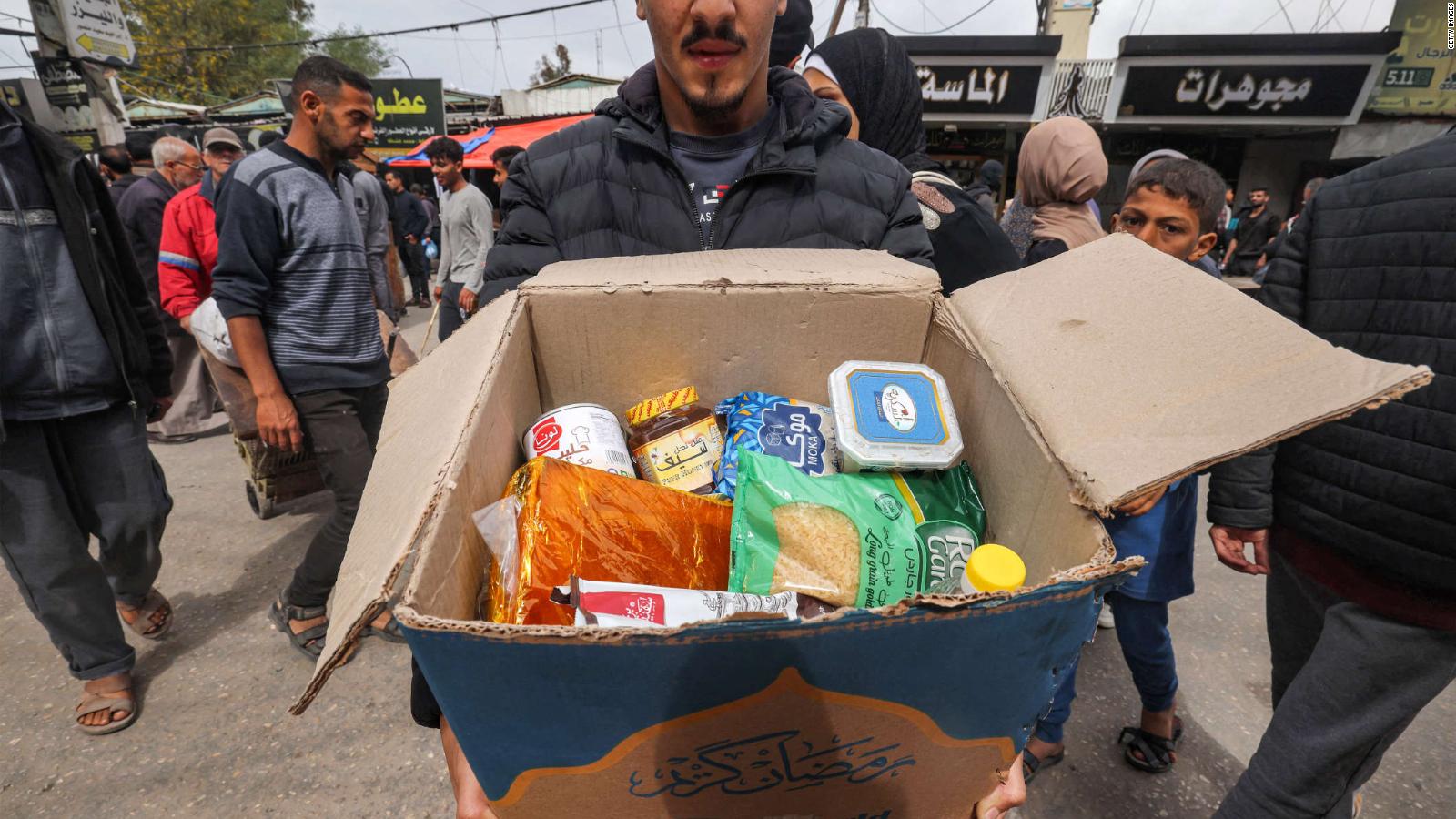

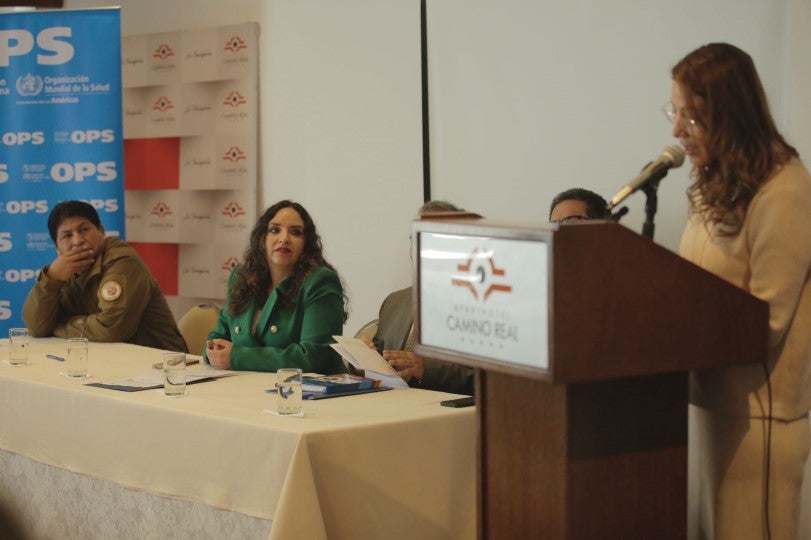

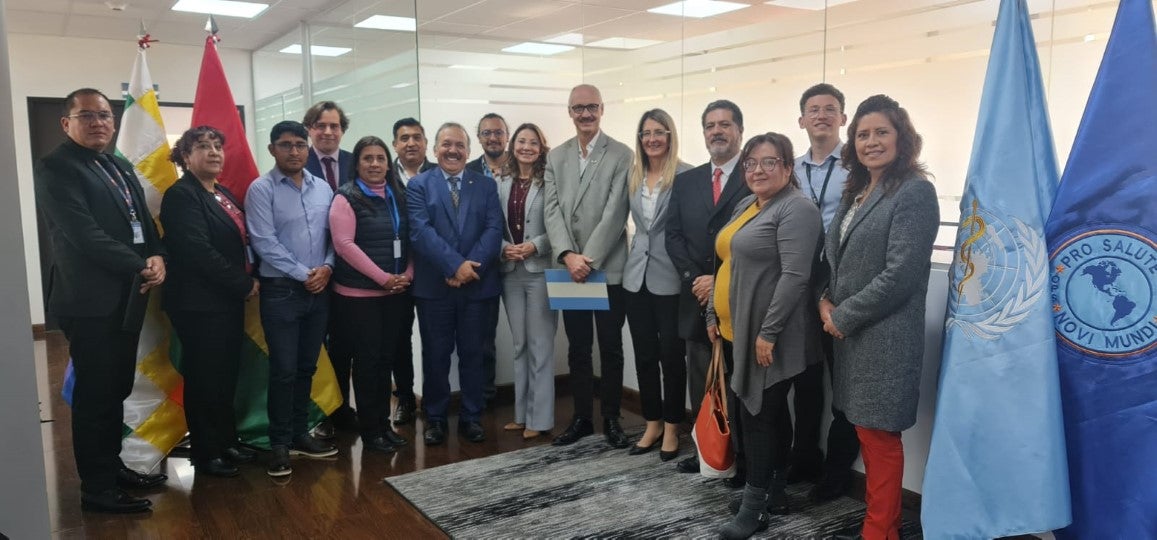


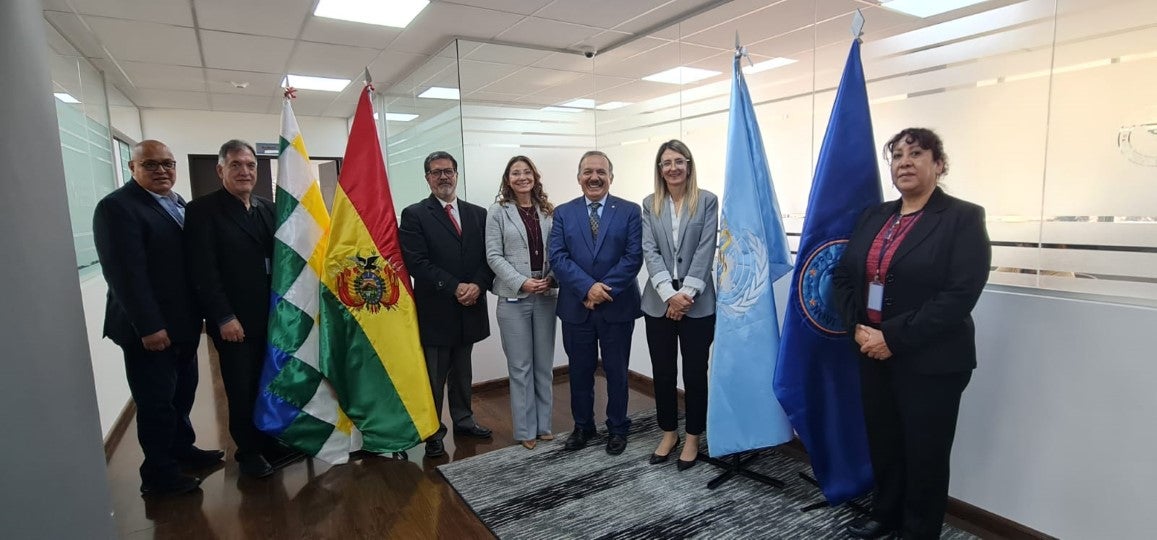
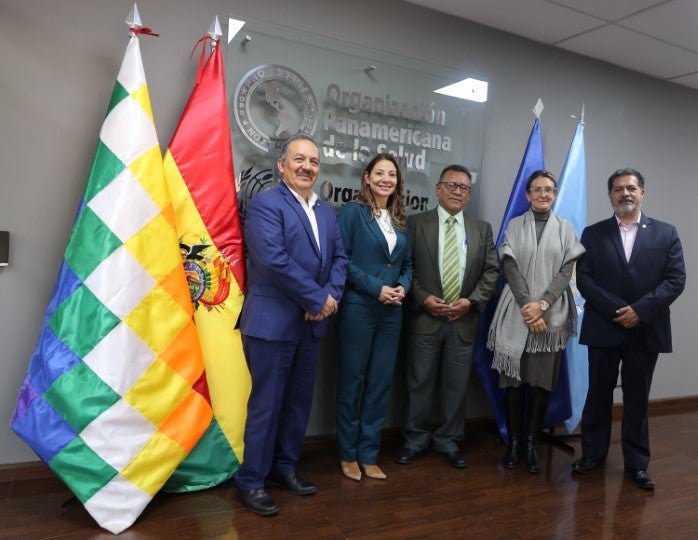
More Stories
How do you see the May astronomical phenomenon?
Pressure to look good can affect mental health: Experts – NBC Chicago
Etxebarri will provide training in the areas of safety, road education, emergencies and health